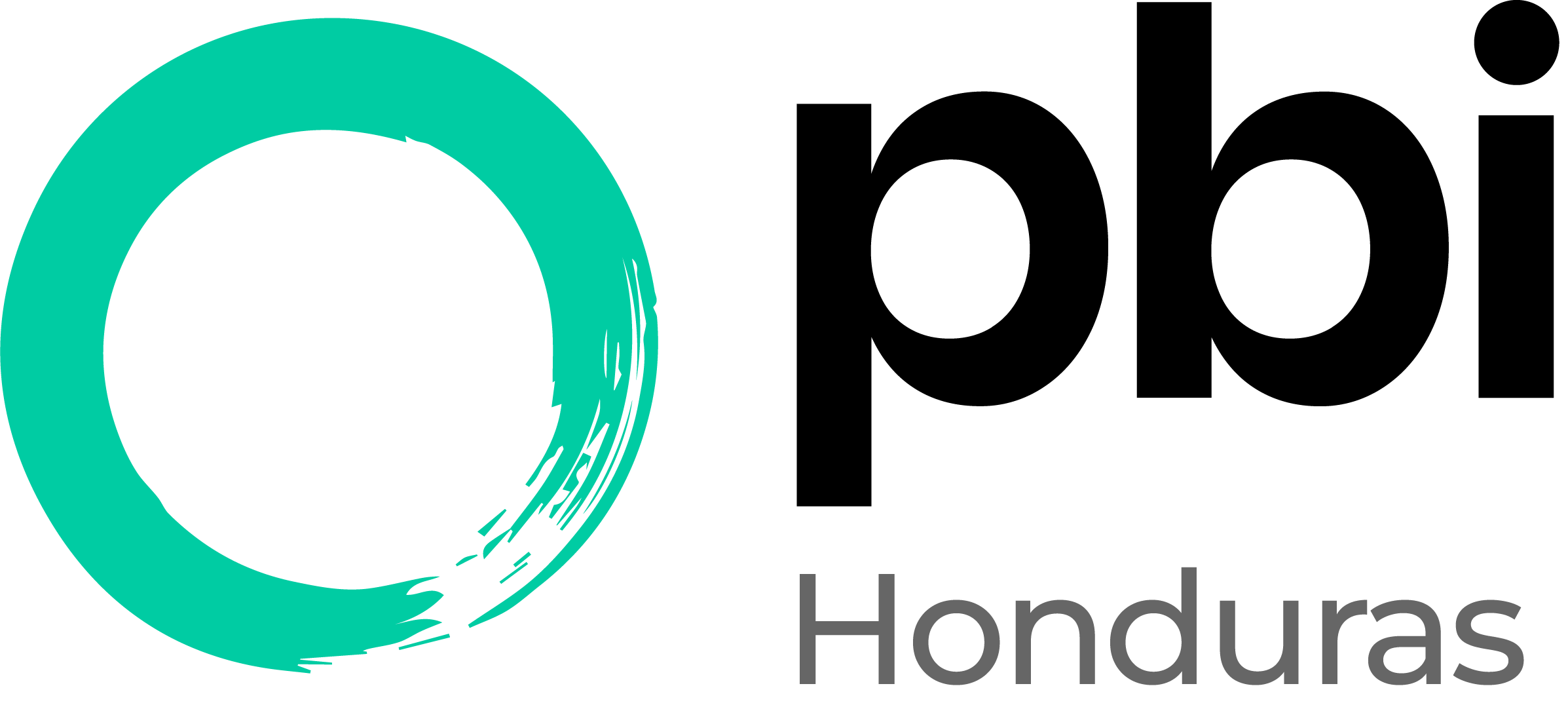“When the COVID-19 crisis began, we met with communities and decided that we would be the ones to control who would enter and leave our communities” explains Sebastián Reyes, General Secretary of the Regional Board of the National Union of Rural Workers (CNTC) in La Paz department, Honduras, and a resident of El Encinal. The community of around 300 families has decided to put themselves at the forefront of the fight against coronavirus, which had led to 217 deaths and 35,362 infections by 1 June. For now, it seems that their measures have been effective: “To date, we haven’t had any cases in the community. We hope that we don’t have any, because the only health centre in the community will not take care of anyone who gets sick”, Sebastián adds, denouncing the precariousness of the Honduran health system. According to data from the National Human Rights Commissioner (CONADEH), in Honduras there are roughly 14 doctors and nurses for every 10,000 inhabitants, making the Honduran health system one of the most overloaded in Central America.
Families in El Encinal and surrounding areas have established a checkpoint on a road that leads to more than 20 communities. Day and night, there is always a group of at least five residents who register who enters and who leaves. The group is usually composed of men, as “us women do not have the time to monitor the checkpoint because we are overloaded with work”, according to Mara Felicita López, coordinator of the Independent Indigenous Lenca Movement of La Paz (MILPAH). Similarly, Wendy Cruz, representative of the Women’s Coordination of Via Campesina, adds that with the arrival of COVID-19 women continue to “take on the role of providers – of food and of care to our families. In many cases this risks exposing us to the virus”.
Sebastián Reyes explains the strategies they have to keep Coronavirus out of their communities: “We allow local residents to enter and leave, as well as those who are going to their farms or to work within the area. We have also established a site at the entrance to the road for distributors to sell their merchandise in order to keep pulperías (small businesses that sell food and hygiene products) stocked”. El Encinal explains that they took this decision because, even before the pandemic, they received no assistance from the police or military, and now they do not want them to enter their communities. “For now, police only enter to confirm that we are allowing people who need to go to work to pass the checkpoint. We are taking care of ourselves because if we abandon the checkpoint, who will take care of us?”, the peasant leader explains.
Before the pandemic
Choosing territorial self-management was not a difficult decision for El Encinal. For decades, this communities has faced issues related to the lack of water, forest fires, and logging. “There has always been a sense of community work between peasant groups and communitiy councils that has allowed us to stay united against adversity. COVID-19 is no exception”. The CNTC is convinced that it is precisely this history of self-organisation that has allowed these measures to work so well. “The people belong to peasant collectives, they are organised and they are aware of their rights”.
These peasant collectives have also organised to ensure that supplies reach the families that need them the most. They recognise that this has not been easy: “We have not found a way to obtain food in order to redistribute it. The municipal government delivered some supplies, but they weren’t enough”. Sebastián Reyes denounces the politicisation of such government aid, which “coincidentally” has not been delivered to organised peasant communities. “It’s every man for himself here”, he explains.
A wider perspective
Sebastián Reyes’ community is not the only one in Honduras where territorial self-organisation has taken hold. In others, according to CONADEH, the police’s lack of capacity to cover the entire country has led to the creation of so-called Municipal Emergency Councils (CEMs). These bodies aim to train civil society to ensure authorities “do not exceed their functions” and thereby supposedly facilitate coordination between police and civilians. However, CONADEH explains that this coordination has received complaints of aggression from both parties.
In spite of the existence of CEMs throughout the country, there are countless forgotten communities where there is no institution to guarantee control of movement or adequate biosecurity measures to halt the pandemic in their own homes. Now, the residents themselves are the ones taking care of their own communities. They will continue to do so, Sebastián declares, “until the end”.
Article published in Alterconomia based on information from June 2020
